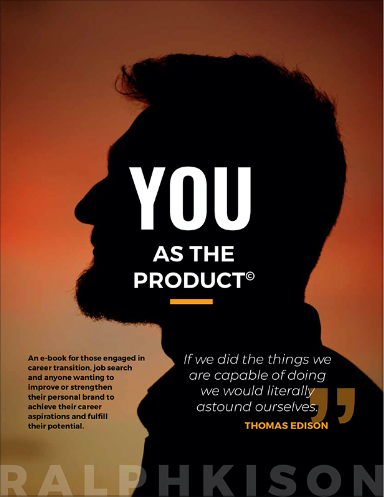
As leaders, two of the most powerful phrases we can state are: “I don’t know” and “I need help.”
In a world that glorifies self-sufficiency, many leaders and high performers feel the weight of unrealistic expectations—the belief that they must have all the answers, solve every problem independently, and push through challenges without support. In reality, the highest achievers, the most respected leaders, and the most influential figures in history have all recognized one crucial truth: greatness is never achieved or sustained alone.
Behind every extraordinary leader is a trusted inner circle of mentors, advisors, and confidants who provide wisdom, truth, advice, compassion, and encouragement. They also have ‘BS’ meters and will call you out when required. Every relationship, whether brief or lasting, shapes who we are and who we become. The challenge lies in choosing wisely who you journey with. If you want to read more on this topic, here is a short blog I wrote last year on becoming what you think about and the impact of who you surround yourself with.
Author Michell C. Clark captures this reality brilliantly: “The best writers in the world need editors. Elite athletes need skill coaches. Therapists need therapy. Needing help doesn’t mean you’re bad at what you do—it means you’re smart enough to know that you’ll never be the best version of yourself if you try to do everything alone.” The common thread? The best never stop learning, unlearning, relearning, growing, refining, and evolving.
4 Levels of Learning
You’ve likely seen this model before. Through teaching, coaching, and mentoring, a junior employee such as an EIT, articling student, apprentice, or someone promoted into a new role, will experience all four levels of learning. You’ve undoubtedly gone through these yourself to reach your current position. The slide from four back down to one is to be avoided. To do that, constant and conscious effort is required to cycle between levels four and three. This is what most professionals such as engineers, architects, accountants, pilots, teachers, realtors, and lawyers (to name only a few) must engage annually to remain at level four.

The idea of the “self-made” or “self-determined” leader or high performer singing “I did it my way” is misleading. Think of it – no champion reaches the top of their field without guidance, mentorship, community, or collaboration. Every pioneering entrepreneur, elite athlete, and visionary thinker has built their success on the foundation of a strong support system – those special individuals who believe in them even when they struggle to believe in themselves. Each of us has gotten to where we are on our leadership and personal transformation journey because of someone else or many others. Think of the Stanley Cup, Super Bowl, Grammy, and Noble Prize winners. Or bring it down to a personal level – the top student in university, college or trade school, high school, or the MVP of the sports tournament.
Too many leaders hesitate to ask for help. We fear it signals weakness, inadequacy, or incompetence. But in reality, recognizing our limitations and seeking support is not a weakness—it is an essential skill and a competitive advantage. It’s called SELF-AWARENESS!
It takes courage to admit we don’t know something. It takes wisdom and a humble spirit to surround ourselves with those who can help – those who challenge us to grow, transform, and become better. And those with whom we can share our fears and allow in to reveal our blind spots.
The Power of Seeking Support
If you truly desire to grow as a leader, it would be wise to lean into and embrace the power of seeking support. Here’s how:
- Seek Mentorship & Coaching: Whether you’re a CEO, manager, coach, educator, or parent, having a trusted mentor or advisor provides an outside perspective that challenges and refines your thinking.
- Empower Your Team: Don’t hoard responsibility. Build a team of skilled individuals and empower them to contribute at their highest level. Coach the coach and mentor the mentor.
- Lean Into Vulnerability: Acknowledge when you don’t have all the answers. This fosters a culture of trust and connection, encouraging others to do the same. It also reveals your humanity, makes you credible, approachable, and trustworthy.
You do not need to carry the weight of responsibility alone. It’s okay not to know something. Two of the most powerful phrases you can express as a leader are: “I don’t know” and “I need help.” These two phrases provide a pathway to meaningful discoveries, greater clarity, and deeper connection. When you accept support, you don’t just improve yourself – you create a ripple effect, strengthening your team, community, and organization. In short, you become authentic! Let go of the myth that you must do it all alone, because you simply can’t (and stop singing that song).
The best leaders—like the best athletes, therapists, CEOs, and entrepreneurs—achieve greatness not by standing alone, but by working with others and asking for help. The real question is: Who is in your inner circle? Who are you allowing to support and sharpen you? If you are looking for someone to work with and support you, check out the coaching section of my website.


Recent Comments